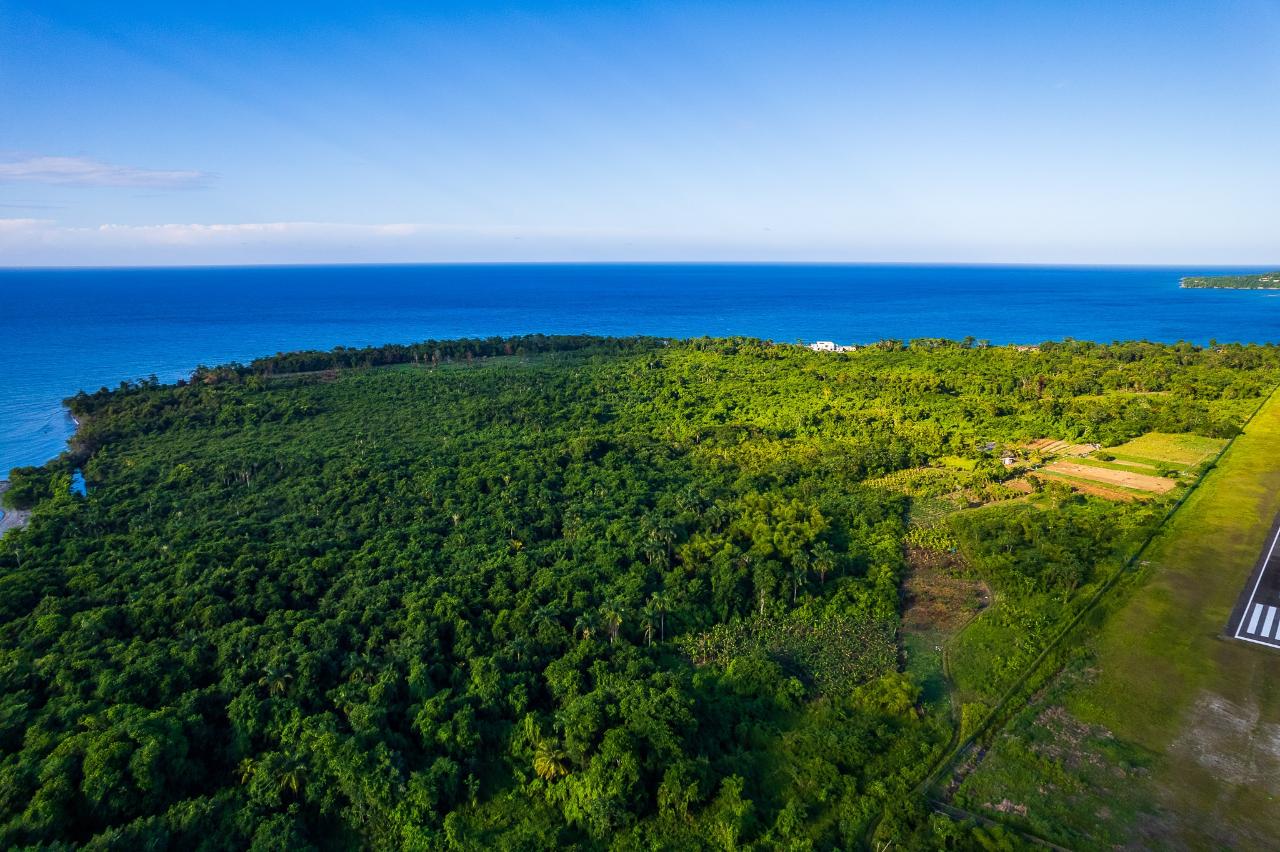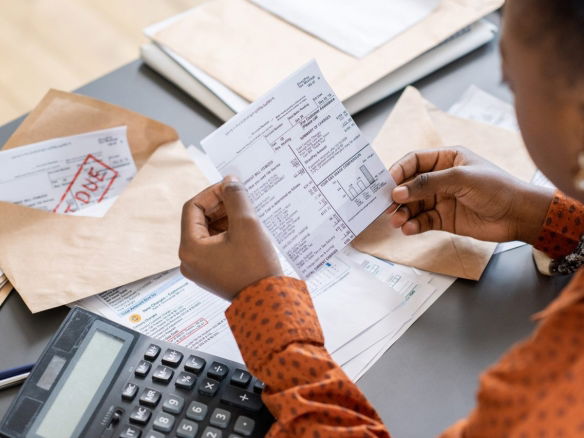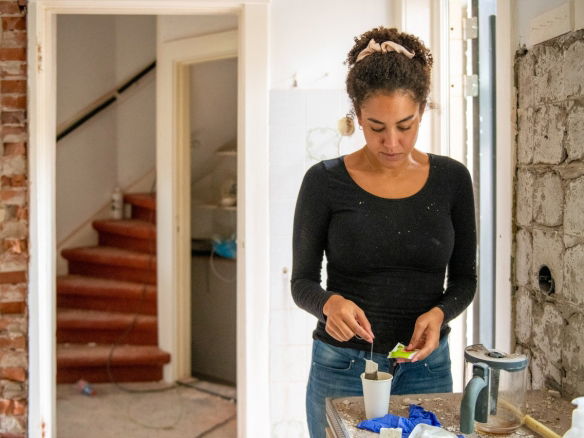Acquiring private land in Jamaica can be a rewarding investment, whether you’re planning to build your dream home, invest in rental properties, or simply hold land as a long-term asset. However, the process involves several steps, legal requirements, and costs that you should be fully aware of before proceeding. This guide will provide you with a detailed roadmap of the entire process, from initial considerations to final ownership.
Table of Contents
1. Initial Considerations
Before diving into the specifics of purchasing private land, it’s essential to understand the key aspects of the Jamaican real estate landscape:
- Legal Framework: Jamaica has a dual land titling system, consisting of:
- Common Law Title: This is an unregistered form of land ownership, often represented by a Deed of Conveyance. While it grants ownership rights, it’s not as secure as a registered title and may require upgrading to a registered title.
- Registered Title: This is the official and legal form of land ownership recognized by the National Land Agency (NLA). It provides the most secure form of ownership, ensuring your rights are protected.
- Due Diligence: Engage in thorough due diligence before committing to a purchase. This includes:
- Verification of Ownership: Ensure the seller has the legal right to sell the land. Ask for the registered title or, if unavailable, the common-law title and tax receipts.
- Title Search: Conduct a title search at the NLA or the Island Records Office to confirm the authenticity of the title and check for any encumbrances such as mortgages, caveats, or court orders. You can also search for and access properties online at the NLA E-Land Jamaica Website.
- Land Survey: A certified land surveyor should verify the boundaries and ensure there are no encroachments or disputes over the land.
- Zoning and Land Use: Check the zoning regulations to ensure the land can be used for your intended purpose.
- Environmental Risks: Assess potential environmental risks such as flooding, landslides, or earthquakes.
2. Finding the Right Land
After understanding the legal framework, the next step is locating the right piece of land:
- Real Estate Agents/Brokers: Utilize the services of a licensed real estate agent or broker who can guide you through the process and help you find suitable properties.
- Online Listings: Browse online property platforms for listings by owners or agents.
- Private Sales and Auctions: Keep an eye out for land being sold privately or through auctions, which might offer competitive prices.
3. Making an Offer and Legal Formalities
Once you’ve identified the land and completed your due diligence, you can proceed to make an offer:
- Price Negotiation: Negotiate the price with the seller. Once agreed, you will move on to the formal legal steps. You can check out our recent article on negotiating Real Estate prices for some great tips.
- Agreement for Sale: The vendor’s attorney prepares the Agreement for Sale, which includes:
- Parties Involved: Names, addresses, occupations, and Tax Registration Numbers (TRNs) of both the vendor and purchaser.
- Purchase Price: The agreed-upon sale price.
- Deposit: Typically 10% of the purchase price, payable upon signing the Agreement for Sale.
- Completion Timeline: The time frame within which the sale should be completed.
- Penalties: Any penalties for failing to complete the transaction within the specified timeline.
- Legal Fees: It is advisable to retain a separate attorney to review the Agreement for Sale. Legal fees typically range from 2-4% of the purchase price, plus 16.5% General Consumption Tax (GCT).
4. Costs Involved in the Purchase
Purchasing private land in Jamaica involves various costs, which are usually shared between the buyer and the seller:
- Deposit: 10% of the purchase price, payable upon signing the Agreement for Sale.
- Stamp Duty: Typically 5.5% of the purchase price, split equally between the buyer and seller:
- Buyer Pays 2.75% of the purchase price.
- Seller Pays 2.75% of the purchase price.
- Transfer Tax: 7.5% of the purchase price, paid by the seller.
- Title Registration Fee: 0.5% of the purchase price, split equally between the buyer and seller:
- Buyer Pays 0.25% of the purchase price.
- Seller Pays 0.25% of the purchase price.
- Agreement for Sale Preparation: The cost of preparing the Agreement for Sale, is typically 0.4% of the property value, plus 16.5% GCT. This cost is also shared:
- Buyer Pays: 0.2% of the property value, plus 16.5% GCT.
- Seller Pays 0.2% of the property value, plus 16.5% GCT.
- Real Estate Agent/Broker Commission: Traditionally, the vendor pays the commission, but it’s becoming more common for the cost to be passed to the buyer:
- Seller Pays 5% of the sale price, plus 16.5% GCT.
- Land Survey and Valuation: The costs of a land surveyor and a property valuator to assess the land’s market value and boundaries.
5. Finalizing the Sale and Title Transfer
After the Agreement for Sale is signed and the deposit is paid, the following steps are undertaken to finalize the sale:
- Stamping the Agreement: The Agreement for Sale must be stamped at the Stamp Office within 30 days to avoid penalties. Both parties share the cost.
- Transfer of Title: The vendor’s attorney will submit the relevant documents to the NLA for the transfer of the title. This process involves:
- Payment of Transfer Tax and Stamp Duty: These taxes must be paid before the title can be transferred.
- Registration with the NLA: The title is registered in the buyer’s name. If a mortgage is involved, the lender will handle the title registration.
- Processing Time:
- Cash Sales: Typically completed within 30 days.
- Mortgage-financed Sales: This may take up to 90 days.
6. Special Considerations for Foreign Buyers
If you are a non-resident or foreign buyer, additional steps are required:
- Tax Registration Number (TRN): You must obtain a TRN to engage in property transactions in Jamaica.
- Foreign Currency Approval: Obtain approval from the Bank of Jamaica for foreign currency transactions related to the property purchase.
- Proceeds of Crime Act (POCA): Ensure that transactions exceeding JMD$1 million are conducted through a financial institution, as cash transactions above this limit are prohibited.
7. Post-Purchase Steps
Once the title transfer is completed and all fees are paid, you should:
- Collect Documents: Ensure you receive the following:
- Executed Agreement for Sale: Your copy of the signed and stamped agreement.
- Certificate of Title: The official Certificate of Title, confirming your ownership of the land.
- Secure the Property: If the land is vacant, consider securing it to prevent unauthorized access or use.
By understanding and following these detailed steps, you can confidently navigate the process of acquiring private land in Jamaica. This guide should serve as a comprehensive resource, providing all the necessary information to ensure a smooth and successful purchase.
Frequently Asked Questions
What are the legal requirements for buying private land in Jamaica?
Buyers need to conduct a title search, verify ownership, and ensure there are no encumbrances on the property. Retaining a qualified attorney is crucial for navigating the legal requirements.
How much is the deposit required when purchasing private land in Jamaica?
Typically, a 10% deposit of the purchase price is required upon signing the Agreement for Sale.
What fees are involved in purchasing private land in Jamaica?
Costs include stamp duty (5.5% of the purchase price), transfer tax (7.5% paid by the seller), title registration fee (0.5%), and legal fees (2-4% of the purchase price), among others.
Can foreigners buy land in Jamaica?
Yes, foreigners can buy land in Jamaica. They must obtain a Tax Registration Number (TRN) and ensure all transactions comply with the Proceeds of Crime Act (POCA) regarding cash transactions.
How long does it take to complete a land purchase in Jamaica?
A cash sale typically takes about 30 days, while a mortgage-financed purchase may take up to 90 days to complete.





